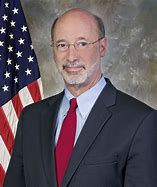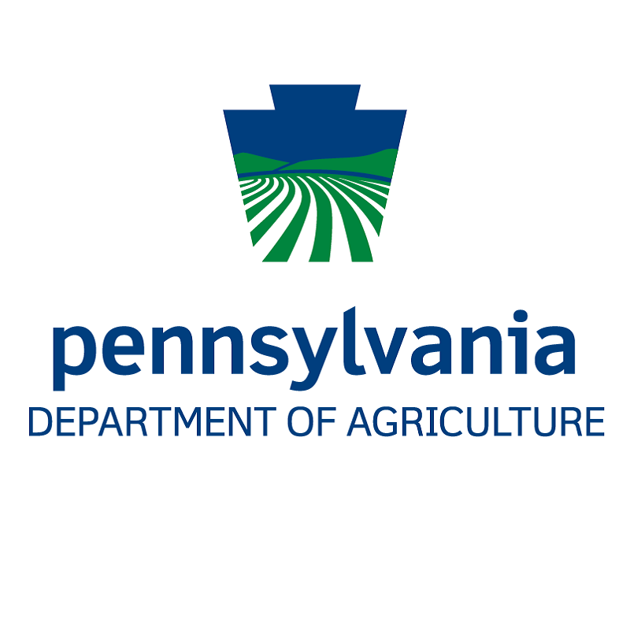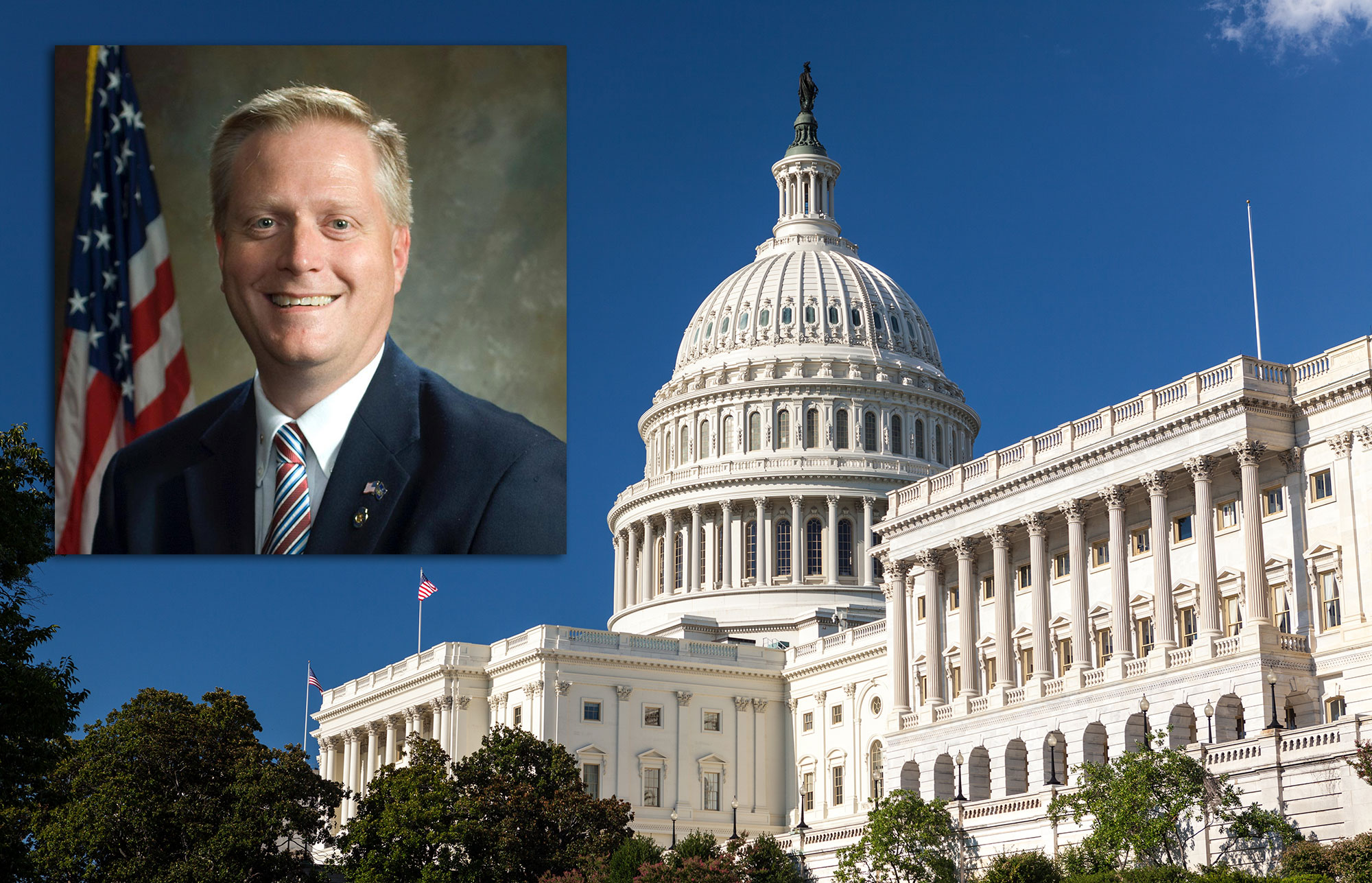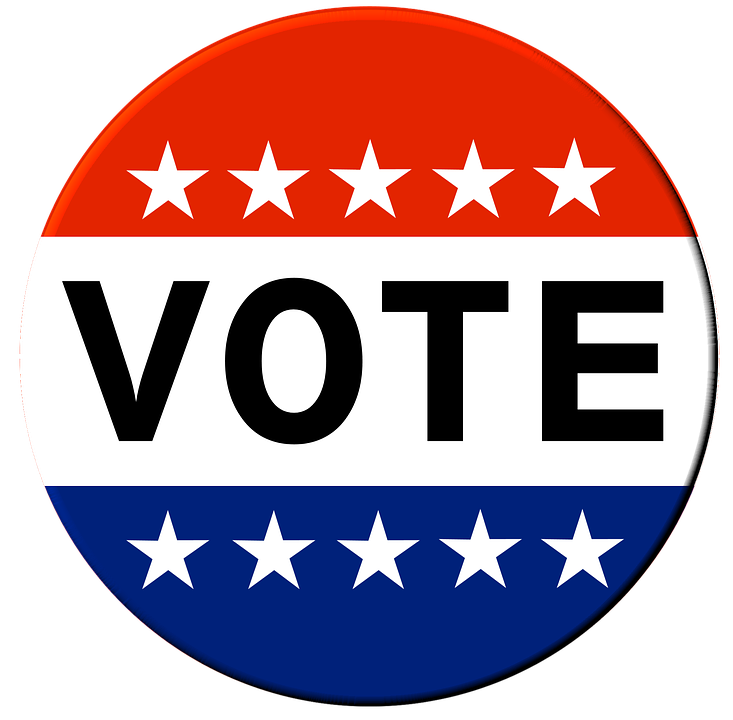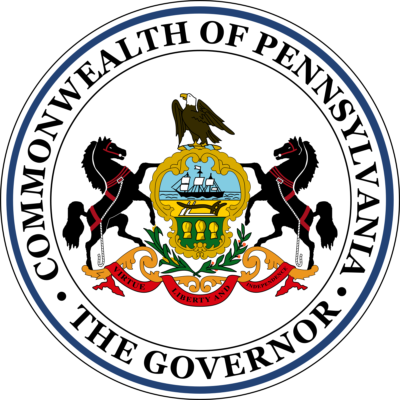Nine (9) new cases added Wednesday in Lycoming County now at 1,031 cases, no new deaths, 32 total deaths, with 16,399 negatives according to DOH report.
Department of Health Provides Update on COVID-19:
2,795 Additional Positives Bring Statewide Total to 217,666
Record high testing of over 49,000 PCR tests
Harrisburg, PA – The Pennsylvania Department of Health today confirmed as of 12:00 a.m., November 4, that there were 2,795 additional positive cases of COVID-19, bringing the statewide total to 217,666. Daily increases are now the highest they have ever been since the start of the pandemic.
The most accurate daily data is available on the website, with archived data also available.
The number of tests administered within the last 7 days between October 28 and November 3 is 277,017 with 16,425 positive cases. There were 49,087 test results reported to the department through 10 p.m., November 2. This is a record high number of PCR test results reported to the department.
There are 8,890 deaths attributed to COVID-19, an increase of 35 new deaths reported. County-specific information and a statewide map are available on the COVID-19 Data Dashboard.
Mask-wearing is required in all businesses and whenever leaving home. Consistent mask-wearing is critical to preventing the spread of COVID-19.
There are 4,130 individuals who have a positive viral antigen test and are considered probable cases and 646 individuals who have a positive serology test and either COVID-19 symptoms or a high-risk exposure.
There are 2,374,265 individuals who have tested negative to date. Of those who have tested positive to date the age breakdown is as follows:
- Approximately 1% are ages 0-4;
- Approximately 2% are ages 5-12;
- Approximately 5% are ages 13-18;
- Nearly 14% are ages 19-24;
- Nearly 36% are ages 25-49;
- Approximately 21% are ages 50-64; and
- Nearly 21% are ages 65 or older.
There are 1,417 individuals hospitalized with COVID-19. Of that number, 316 patients are in the intensive care unit with COVID-19. Most of the patients hospitalized are ages 65 or older, and most of the deaths have occurred in patients 65 or older. More data is available here.
The department has seen significant increases in the number of COVID-19 cases among younger age groups, particularly 19 to 24-year-olds. An alert was sent to healthcare providers about the changing COVID-19 case demographics. Increases among 19 to 24-year-olds from April through the end of October are available below:
- NC – Approximately 7 percent of cases in April to approximately 28 percent of cases in October;
- NE – 6 percent of cases in April to approximately 16 percent of cases in October;
- SE – Nearly 5 percent of cases in April to nearly 14 percent of cases in October;
- SW – Approximately 5 percent of cases in April to nearly 12 percent of cases in October;
- NW – Nearly 7 percent of cases in April to approximately 14 percent of cases in October; and
- SC – Approximately 7 percent of cases in April to approximately 12 percent of cases in October.
In nursing and personal care homes, there are 26,721 resident cases of COVID-19, and 5,753 cases among employees, for a total of 32,474 at 1,094 distinct facilities in 63 counties. Out of our total deaths, 5,851 have occurred in residents from nursing or personal care facilities. A county breakdown can be found here.
Approximately 12,663 of our total cases are among health care workers.
Statewide – The Wolf Administration has since noon, Nov. 3:
- Provided the latest CMU metrics report.
- Provided Pennsylvania State Police enforcement data.
The Wolf Administration stresses the role Pennsylvanians play in helping to reduce the spread of COVID-19:
- Wash your hands with soap and water for at least 20 seconds or use hand sanitizer if soap and water are not available.
- Cover any coughs or sneezes with your elbow, not your hands.
- Clean surfaces frequently.
- Stay home to avoid spreading COVID-19, especially if you are unwell.
- If you must go out, you are required to wear a mask when in a business or where it is difficult to maintain proper social distancing.
- Download the COVID Alert PA app and make your phone part of the fight. The free app can be found in the Google Play Store and the Apple App Store by searching for “covid alert pa”.
Updated Coronavirus Links: Press Releases, State Lab Photos, Graphics
- Daily COVID-19 Report
- Press releases regarding coronavirus
- Latest information on the coronavirus
- Photos of the state’s lab in Exton (for download and use)
- Coronavirus and preparedness graphics (located at the bottom of the page)
- Community preparedness and procedures materials
All Pennsylvania residents are encouraged to sign up for AlertPA, a text notification system for health, weather, and other important alerts like COVID-19 updates from commonwealth agencies. Residents can sign up online at www.ready.pa.gov/BeInformed/Signup-For-Alerts.

